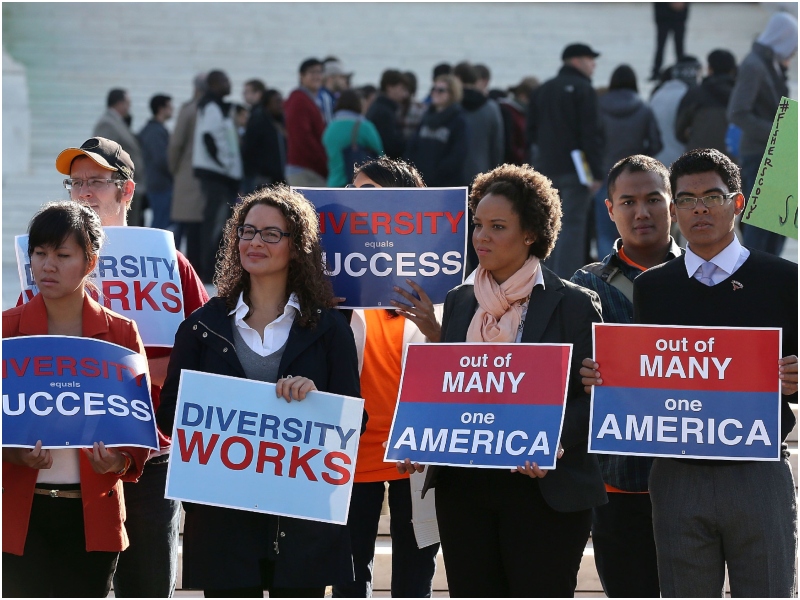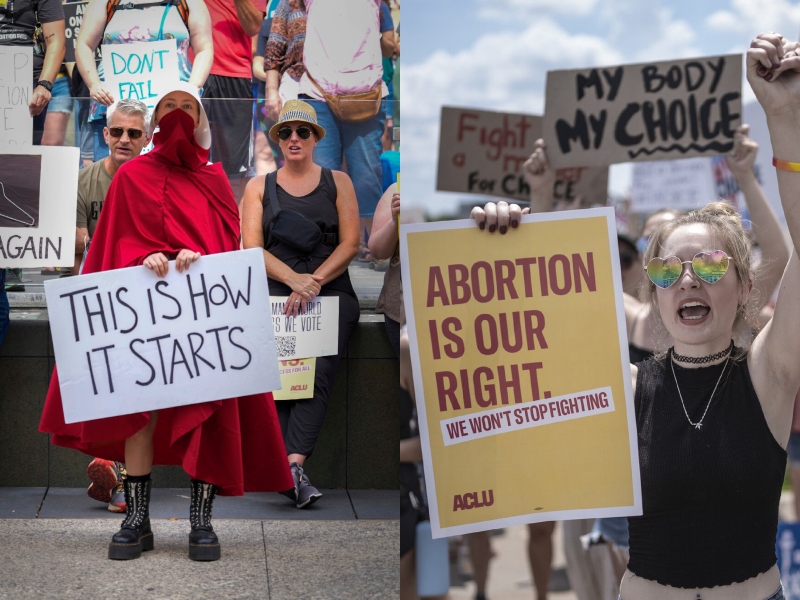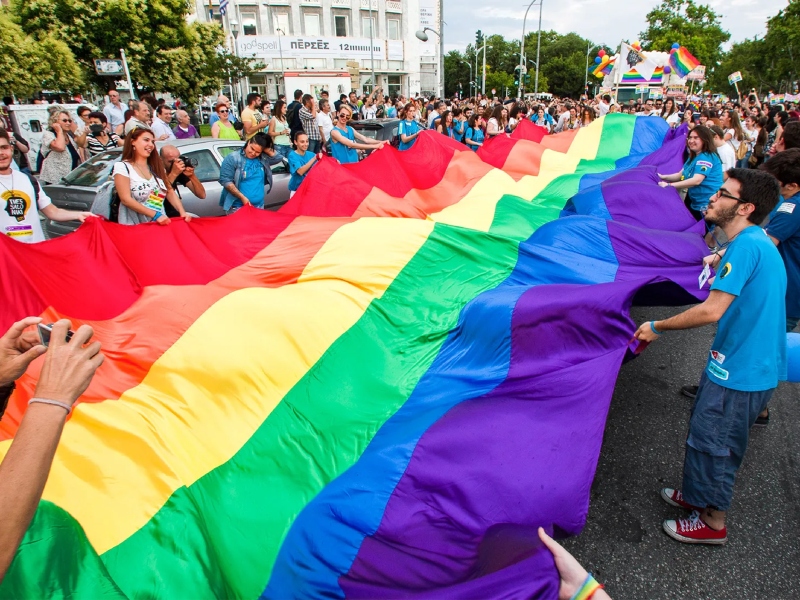Community Forum
-
The issue: The Constitution generally restricts only governmental, not private, conduct. How does the Court draw the line between private and governmental conduct for constitutional purposes in the context of racial discrimination? Introduction The Constitution is a limitation on governmental conduct, not–with the exception of the Thirteenth Amendment’s prohibition of slavery–a limitation on private conduct. …
-
In the wake of Justice John Harlan’s famous dissent in Plessy v Ferguson, wherein he coined the phrase “color blind,” the issue of affirmative action has been at the forefront of legal debates in the United States. The concept of affirmative action, particularly in government programs and educational institutions, has prompted a series of landmark…
-
The issue at hand revolves around the constitutionality of a Texas law that restricts abortions, permitting them only if deemed “necessary” to save the life of the mother. Proponents of upholding Roe v. Wade argue that the Texas law infringes upon the right to privacy recognized in Griswold, which protected the decision whether or not…
-
The issue of gay rights and the constitutional protection of homosexual conduct has long been a subject of contentious legal debate in the United States. Over the years, landmark Supreme Court decisions have shaped the legal framework surrounding this issue, leaving many questions unanswered and raising concerns about the treatment of individuals based on their…






